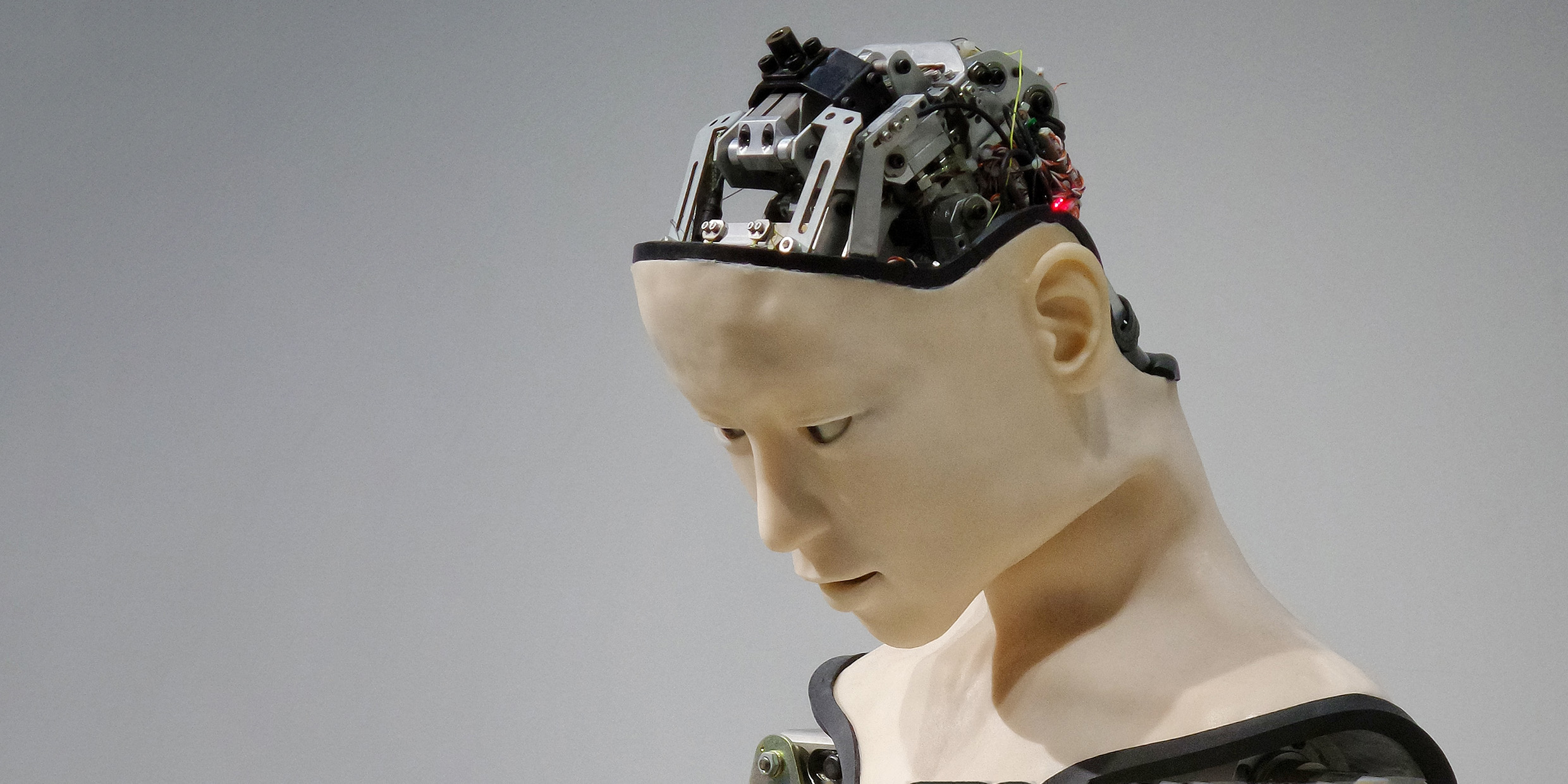Originally published 27 January 1992
Dear Mr. Raymo,
As you may recall, I wrote to you several months ago regarding the connection between quantum physics and consciousness. You replied by expressing skepticism that the “fuzziness” of the quantum world has anything to do with the freedom and creativity we associate with consciousness. If not, then how does physics explain these things?
Sincerely,
I.M.Curious
Dear I.M.Curious,
Physics doesn’t explain these things. Of course, at some level, everything that happens is quantum physics. But if and when consciousness is explained it will probably be by a combined effort of molecular biologists, neuroscientists, artificial intelligence researchers, computer scientists, and microchip designers. So far, we have only hints about what such an explanation might be, and I suspect that nature has a few surprises in store before consciousness is explained. However, if I were a betting man, I would put my money on computers — or better, networks of interconnected, separately programmed computers — as the most currently useful metaphor for human consciousness.
Yours,
Chet Raymo
Dear Mr. Raymo,
You must be joking. Computers are not even remotely free, and certainly not creative. Computers slavishly follow programs. They merely rearrange. Juggle data. I would be exceedingly surprised — and depressed! — to discover that my mind was a computer.
Sincerely,
I.M.Curious
Dear Mr. Curious,
Since our last correspondence a fine book has appeared by Daniel Dennett, director of the Center for Cognitive Studies at Tufts University, called Consciousness Explained. Dennett is a philosopher well-versed in psychology, neuroscience, and computer science. He believes the computer is a satisfactory metaphor for mind, and he provides a scenario for how the mind’s hardware and software might have evolved. The audaciousness of his title far outstrips the substance of his argument. Nevertheless, Dennett’s book suggests an outline of how consciousness might one day be explained, materialistically and mechanistically. It makes compelling reading.
Yours,
Chet Raymo
Dear Mr. Raymo,
Whoa! “Materialistically and mechanistically”? No way am I ready to admit that my mind is just a bunch of silicon chips or clockwork gears. Show me a computer with self awareness! Show me a computer that is even remotely conscious! I will admit that consciousness has something to do with the brain, but surely the mind is more than a mere machine.
Sincerely,
I.M.Curious
Dear I.M.Curious,
Perhaps you have outdated notions of what matter and mechanism mean. In modern physics, matter has become a thing of marvelous subtlety and potentiality. As we probe matter at deeper levels of understanding we find ourselves awash in a sea of cosmic music — surging, billowing, animating. If I were going to look for a metaphor to describe the atom, it wouldn’t be a billiard ball but a musical leitmotif. And mechanism has come to mean much more than a clockwork or a wind-up toy. The modern concept of mechanism is related to ecological wholeness: every part of a complex system plays a role in the evolution of the whole. To admit that we are matter and mechanism is to ground our selves in the wholeness of the cosmos.
Yours,
Chet Raymo
Dear Mr. Raymo,
OK, OK, but even if I concede all of that, what of freedom and creativity?
Sincerely,
I.M.Curious
Dear I.M.Curious,
Freedom and creativity are abstractions describing complex behaviors. Might it not just be possible that similar behaviors will emerge when computer systems reach a certain level of complexity? No present-day computer begins to approach the complexity of the human brain — with 100 billion massively interconnected neurons (nerve cells). A recent paper in the journal Nature announced the fabrication of silicon chips designed to mimic the electrochemical operation of neurons. If it were possible to pack enough of these silicon circuits together we would certainly have constructed an artificial brain — and perhaps an artificial mind. I may be wrong. But proof will be in the pudding, not in philosophical argument. Hugely complex, ultra high-speed computers, modeled on the machinery of the human brain, await us in the next century. Rather than wear ourselves out debating the nature of consciousness, let’s wait and see how these machines illuminate the question.
Yours,
Chet Raymo
Dear Mr. Raymo,
I hope you are wrong. I am rather fond of the idea that consciousness will forever escape the explainers’ grasp.
Sincerely,
I.M.Curious
Dear Mr. Curious,
So am I. But take a look, for example, at The Amazing Brain by Robert Ornstein and Richard F. Thompson. The more we learn about the biological machinery of consciousness the more miraculous it seems. To say that the mind is electrochemical does not diminish our concept of self; rather, it suggests that the cosmos was charged with the possibility of becoming conscious from the first moment of creation. The newly-emerging concept of self is materialistic and mechanistic, but it is also capacious enough to embrace the past as well as the future, and expansive enough to entangle the rest of the universe.
All the best…



